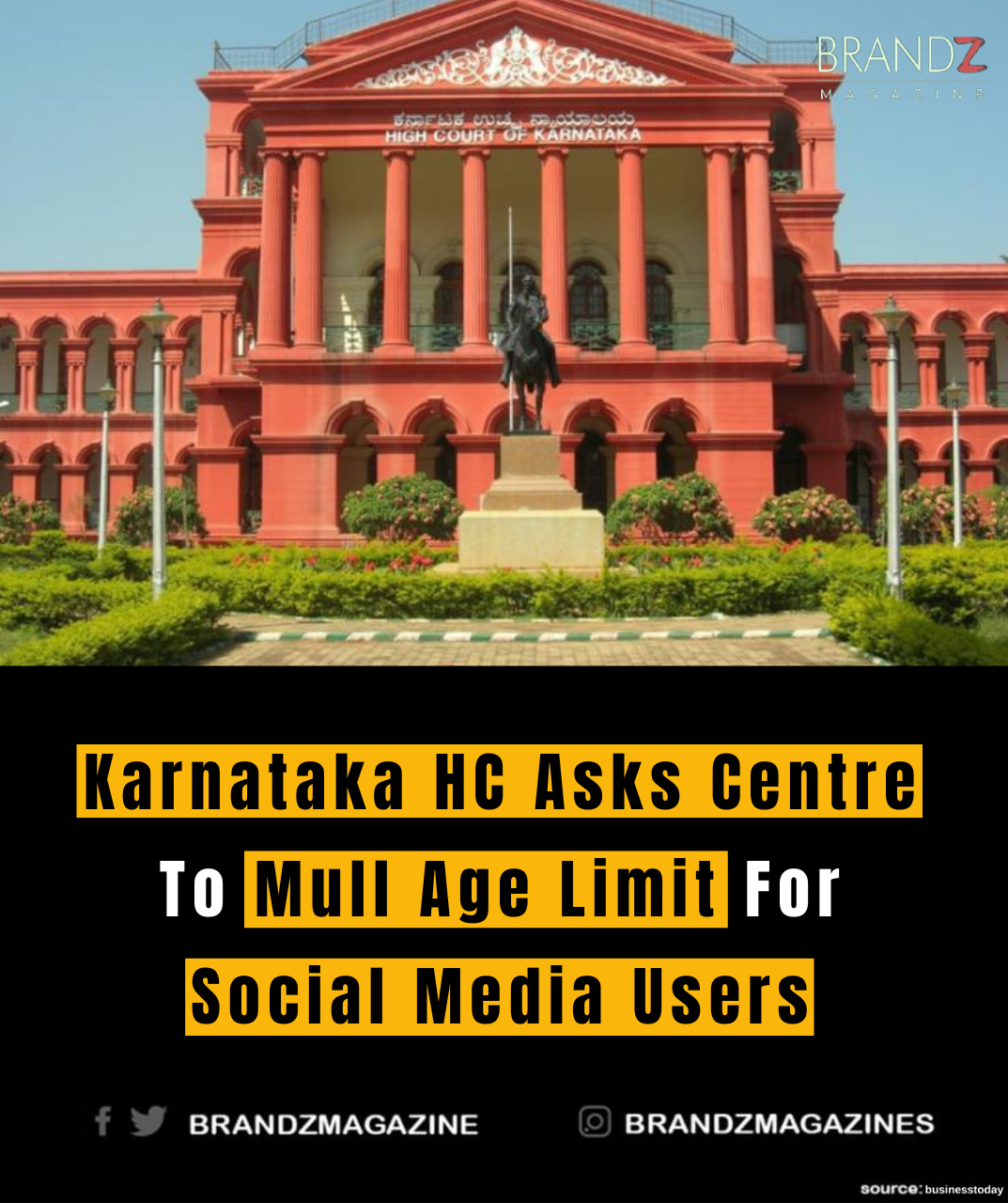
In a move that has ignited a contentious debate surrounding privacy, freedom of expression, and online safety, the Karnataka High Court has suggested that the Indian government consider imposing an age limit for social media users. While the intent behind this proposal is to protect minors from potential harm and cyberbullying, it raises significant questions about the regulation of online spaces and individual rights.
Key Points on the Karnataka High Court’s Proposal:
The Karnataka High Court’s proposal to impose an age limit on social media users is a complex issue that requires careful consideration of multiple factors, including the rights of individuals, the safety of minors, and the practicality of implementation. As the debate unfolds, it will be important to strike a balance that safeguards the interests of children while upholding the principles of freedom, privacy, and responsible digital citizenship.

